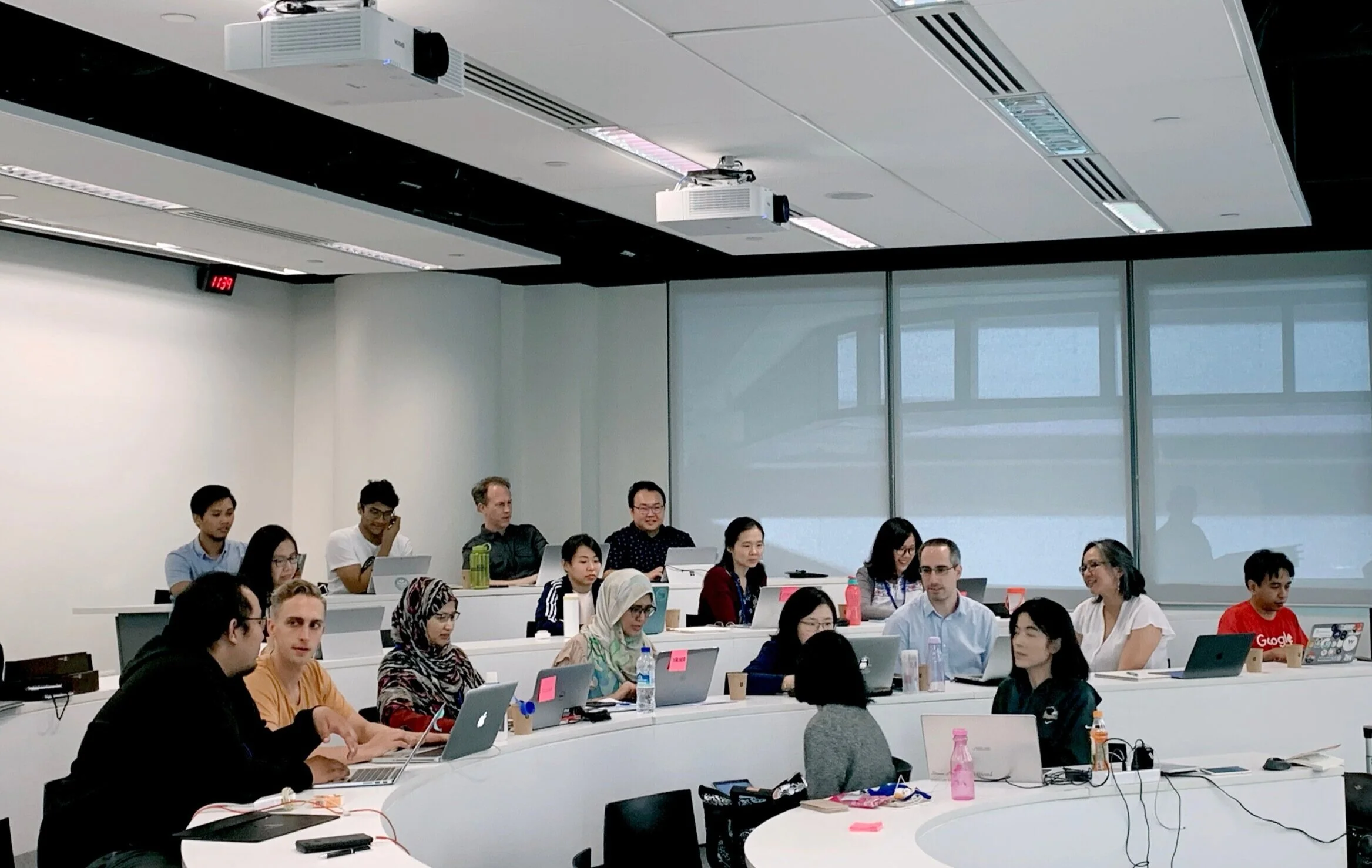What Skills An Arabic Translator Or An Arabic Interpreter Should Have
Arabic Interpreter and translator have to have an understanding of specialized vocabularies by performing research and always self-educating in different translation fields. Knowledge varies, from knowledge of common subjects in everyday Arabic or English conversation and the popular press, to broad knowledge of the vocabularies of both the Arabic and English language, concepts, principles, and theories of fields such as international law, civil and criminal law, physical science, medicine, technology, and politics.
An Arabic Translator or an Arabic Interpreter has to perform numerous training assignments such as translating scientific, medical, legal, or other specialized or technical material found in magazine articles, reports, and extracts from books. In addition, they translate correspondence, corporations bylaws from English to Arabic and Arabic to English. You always have to stay immersed in the language, so you don’t lose your language touch.
Arabic Interpreter, Verbatim Interpreting and Verbatim Translation
What Are The Different Forms of Interpreting From English to Arabic or Vice Versa
Arabic Interpreters and translators using either Arabic or the English language in pairs, has be always aware of using correct grammar, syntax, and pronunciation. Best way to do this, is by participating in mock Arabic to English and English to Arabic interpreting back and forth during a sessions. Sometimes, also you can do routine questions and answers such from English to Arabic or vice versa, as in a questioning session, where general information is exchanged; at speed and without a particular sequence. In some cases, an Arabic interpreter is assigned as an escort to accompany or escort a groups of foreign visitors under government exchange programs, a visiting delegation, normally working under the guidance of another senior Arabic interpreter.
Arabic Interpreter During A Conference
An Arabic translator, have to have excellent knowledge not only of of English language, but also have to master the Arabic language, such that the translator be capable to use a wide range of vocabulary in addition to the correct grammar, punctuation, and spelling to produce a more precise translation or interpretation, channeling in the process the tone of what he or she is either translating or interpreting, that being interpreted from English to the Arabic language or from the Arabic language being the source language going into the English language being the target language.
Simultaneous Arabic, English Interpreting At A Conference
Their is a skill in either interpreting or translating from Arabic into English or English into Arabic. A training that an Arabic interpreter goes through has to be advanced, based on work experience, being able to read and understand the material in one language, called the source language, and mentally transfer the material into the second language, usually called the target language. Skill in writing to compose a statement in the second language that is clear to the reader, and in the process being able to accurately reflects the intent of the original material, regardless, if the translation is going from Arabic to English or the other way around from English to Arabic, during the interpretation session.
For more info, or to locate an Arabic Interpreter or Translator, please go to www.Arabic-Interpreter.com
